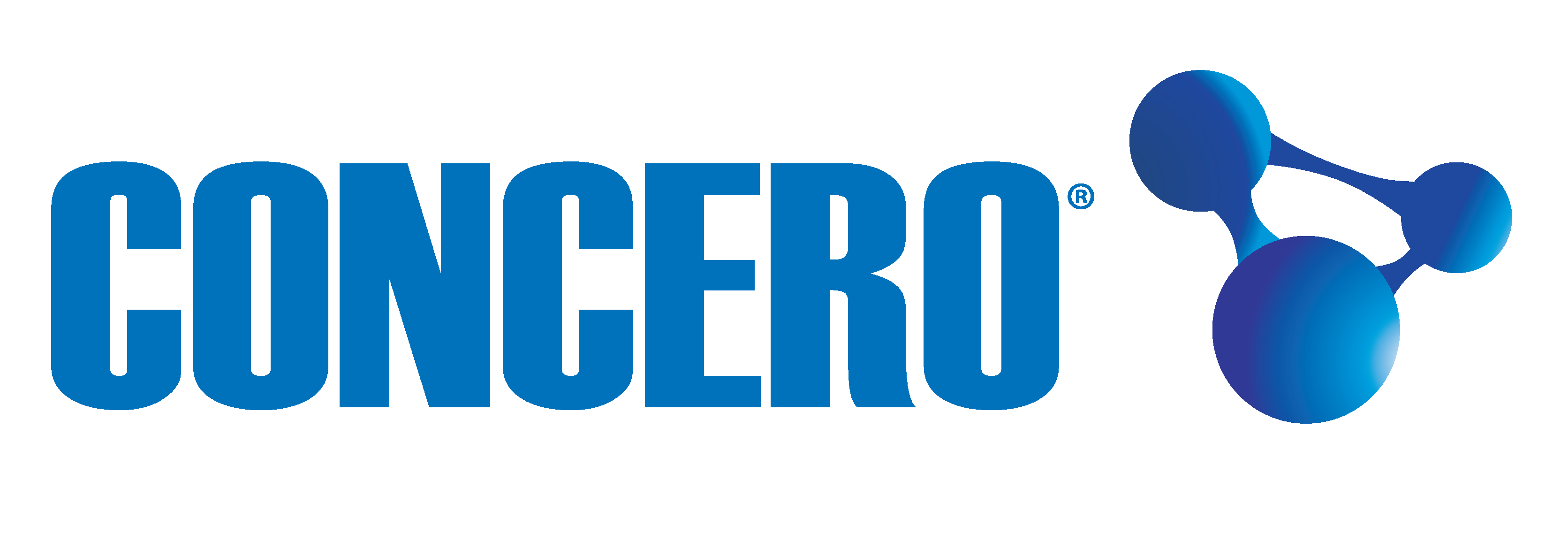Do you think of yourself as creative? You need to.
According to a LinkedIn study, creativity is the most in-demand soft skill for this year, but it’s not about being artistic. Continue reading to find out what it really refers to. Can you guess the top hard skill? Anything related to cloud computing, which is probably no surprise to people in the IT industry.
To start off, let’s define what I mean by “hard” and “soft” skills. And as I provide clarification of what is meant by hard skills and soft skills, I’ll also take a look into the most popular skills in each category for the year 2019.
Hard skills
When I refer to hard skills, I’m talking about the prerequisite degrees, technical skills and specialized knowledge at the core of a technical profession, for example accounting or programming. These types of hard skills are acquired though a technical education. They are, of course, essential for any technical professional.
The specific nature of hard skills makes them much easier for potential employers and recruiters to evaluate. With a brief look at a candidate’s CV, diplomas, grades and experience, you can get a good idea of his or her technical ability. You can also ask for a demonstration, and their skills will be evident.
Some of the most in-demand hard skills for 2019, and relevant to my work with technology professionals, include:
- Cloud Computing
- UX Design
- Mobile Application Development
- Software Testing
- Data Science
These are just a sample of the most sought-after hard skills for the year. As you can see, cloud computing tops the list of desirable hard skills for the year 2019. Cloud experts can congratulate themselves. Companies and organizations are actively recruiting in competition with each other to offer cloud computing positions in their organizations.
“Hire on CV” was an old way of recruiting. In this scenario, recruiters just looked at the resume of potential candidates and picked the one with the highest test scores, the most prestigious academy, or a bulk of experience. Things have changed, however. You will find that today’s recruiters tend to take a more balanced approach. They include soft skills in their analysis before any hire.
Soft skills
This is where things get interesting because soft skills are hard to quantify. By soft skills, I mean all those extra abilities that help a candidate shine. They help complete and improve existing hard skills.
Soft skills include social networking, being an effective team player or leader, creativity and efficiency. They are skills linked to behavior and personality rather than academic excellence. Ethical behavior can also be counted amongst soft skills. Honesty and positivity are assets for employers, as they tend to increase productivity, but also deliver better performance.
These skills were often thought to be innate with some candidates having them while others did not. In truth, soft skills can be acquired and developed. They are certainly worth having. An individual that can do their job, but has also demonstrated an ability to adapt to emergencies, for example, trumps someone who can’t.
As you can imagine, soft skills aren’t as easy to calculate as hard skills. Hard skills will get a candidate through the door, but the candidate’s soft skills repertoire will be the determining factor for recruiters when choosing between candidates.
Take a look at the year’s most sought-after soft skills, according to LinkedIn:
- Creativity
- Persuasion
- Collaboration
- Adaptability
- Time Management
Topping the list of sought-after soft skills this year is creativity. Note that this is not the traditional concept of creativity, which entails an individual creating something from scratch. Rather, we are looking at the ability to work within a system, analyze it, and come up with more effective ways of getting the job done. In this new nuanced definition of creativity, problem solving comes to the fore as a desirable attribute, followed by innovation.
Bill Gates said it best: “I choose a lazy person to do a hard job, because a lazy person will find an easy way to do it.”
Of course, the idea is not to encourage laziness in your employees. What the CEO of Microsoft was implying is that good work trumps hard work. In a successful enterprise, the “creative” employee implements an innovative way of thinking that makes life easier for the entire organization.
According to LinkedIn’s study, more than half of leaders define soft skills as the more determining factor when recruiting. Read the full article with additional links here.
At Concero, our team meets with hundreds of candidates – and finds viable positions for them. I can tell you first-hand that developing your soft skills truly pays dividends in today’s competitive tech market. So, how creative are you???
